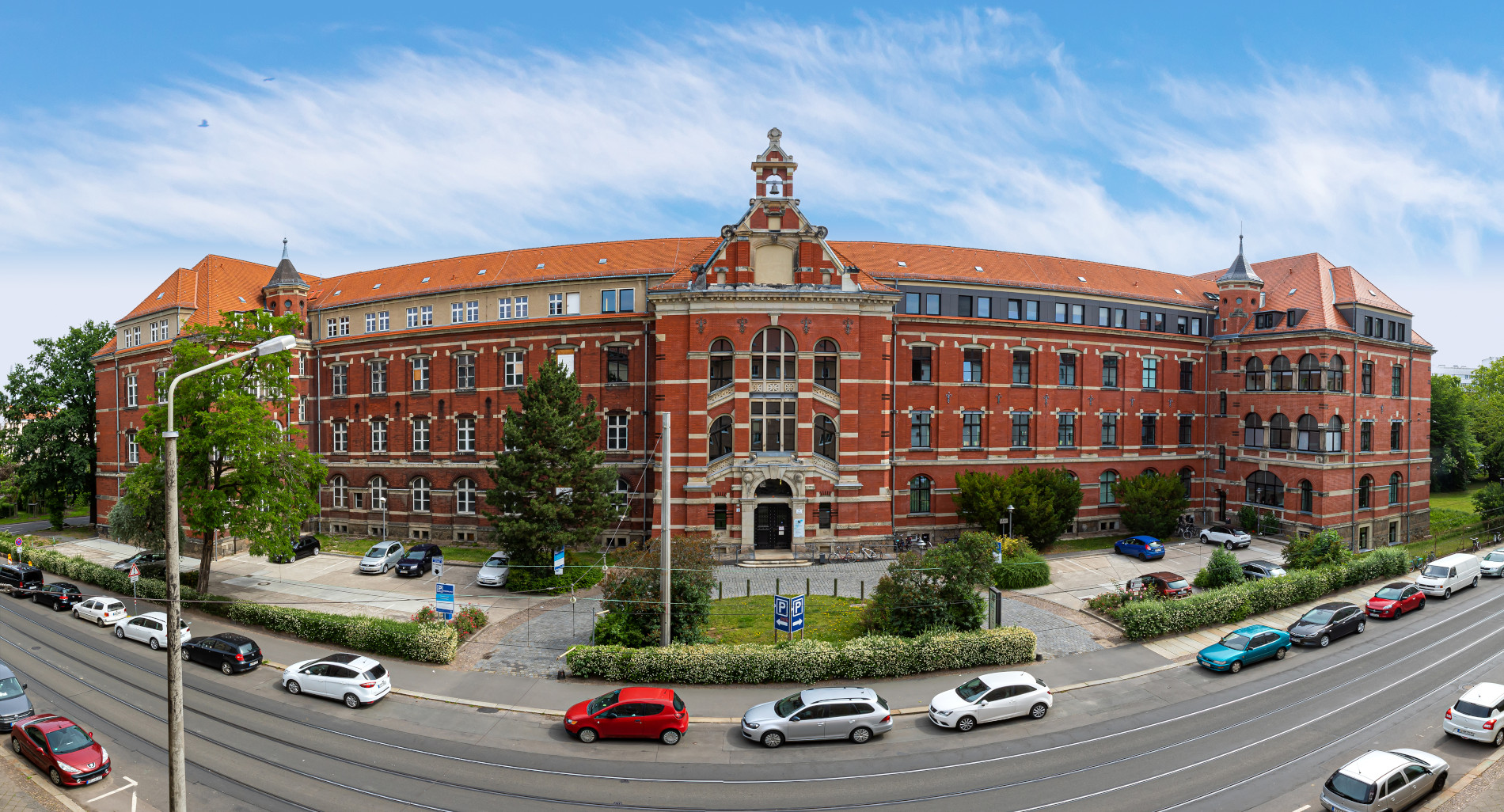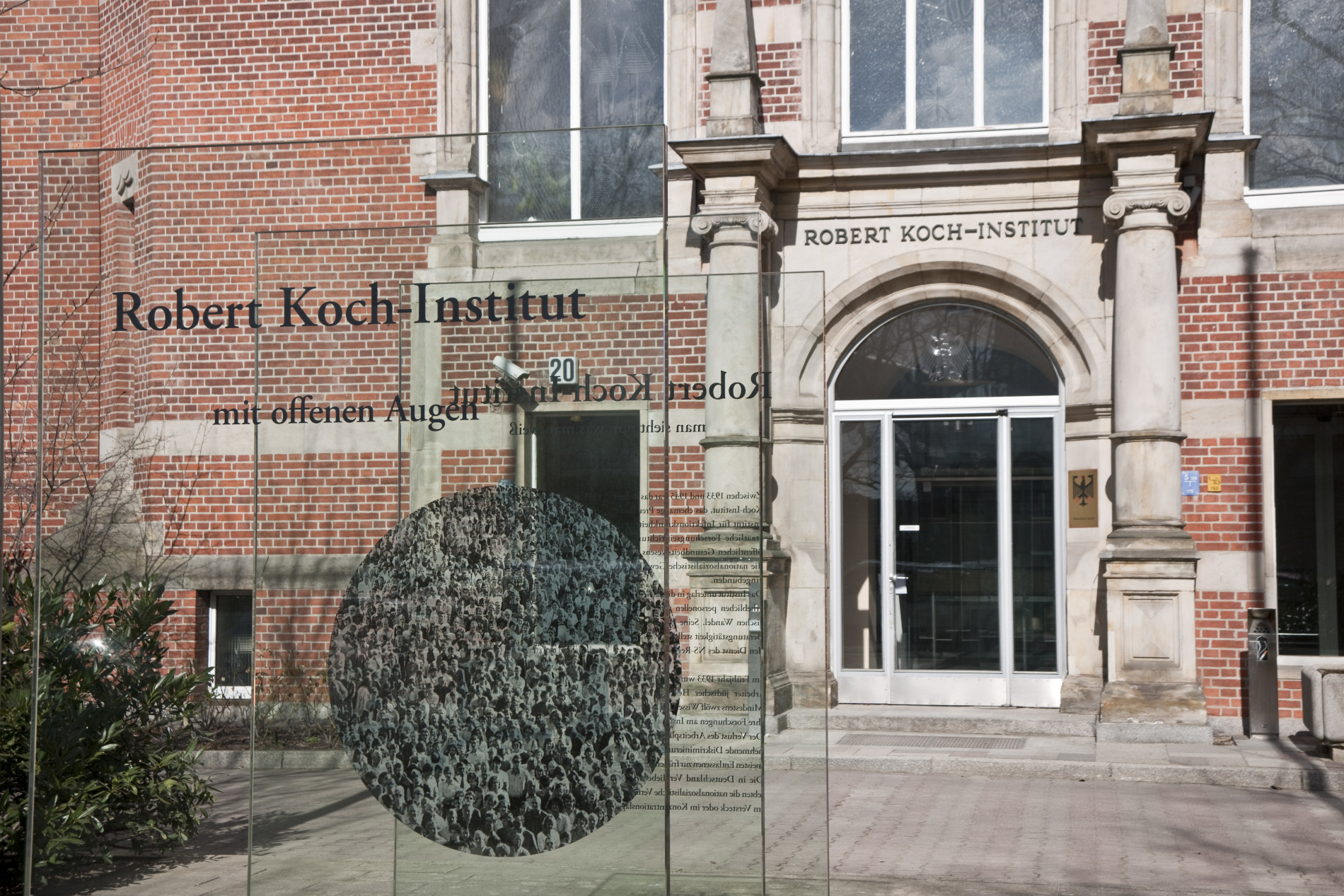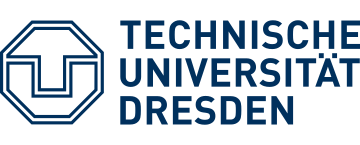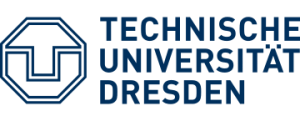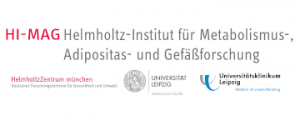Institutions
SaxoChiLD is an interdisciplinary regional network of clinicians and scientists committed to translational research on emerging challenges for child health and development. Its core participating institutions include the two neighboring Saxonian universities, the Leipzig University (UL) and the Technische Universität Dresden (TUD), the Helmholtz Centre for Environmental Research (UFZ), the Helmholtz Institute for Metabolic, Obesity and Vascular Research (HI-MAG), the Max Planck Institute for Evolutionary Anthropology (MPI-EVA), and the Robert Koch Institute (RKI).
Leipzig University

Leipzig University is the 2nd oldest university in Germany. “Sustainable Principles for Life and Health” is one of UL´s three strategic research fields. Therein, the profile area “Modern Diseases” is dedicated to the impact of civilization on the emergence of disease. It is consolidated through numerous externally funded projects with particularly strong contributions from the fields of biomedicine, environmental research, and child development. Likewise, „Civilization Diseases“ is one of the four strategic research fields of University Leipzig Medical Faculty. In this line, a major research project of the University Leipzig is LIFE – the Leipzig Research Centre for Civilization Diseases, which is tracing the causes of civilization diseases in children (LIFE Child) and adults (LIFE Adult).
Technische Universität Dresden
Technische Universität Dresden is a “University of Excellence” since 2012. A prime example of its internationality is the “TransCampus” partnership between TUD and King’s College London, two of Europe’s leading academic institutions. Priority research areas of the Faculty of Medicine include oncology, metabolic, and neuropsychiatric diseases, with intersections on the topics “immunology and inflammation”, “degeneration and regeneration”, and “prevention and health services research”. TUD is a partner site for three established German Centers for Health Research on diabetes, oncology, and neurodegenerative diseases focusing on adults.
Helmholtz Centre for Environmental Research – UFZ

Helmholtz Centre for Environmental Research – UFZ is the leading institution for environmental research in Europe. Its expertise comprises the development and application of environmental risk assessment, evaluation of environmental effects and the underlying mechanisms in complex models, and bioinformatic modeling for improved estimation of environmental risks. The Helmholtz Association funds the research topic „CITE“ (Chemicals In The Environment), which addresses the environmental impact of chemicals. Within this research area, several participating groups, including the Department of Environmental Immunology, support the UFZ strategy of an integrated chemical risk assessment regarding risks for humans and the ecosystem by identifying unhealthy environmental impacts and the understanding of underlying molecular mechanisms. The group offers several platforms and cohorts (e.g., LiNA). The UFZ groups build the scientific basis for the development of new, more efficient diagnostic and therapeutic approaches as well as individual based prevention strategies.
Robert Koch Institute

The Robert Koch Institute is the core public health institute in Germany. It is responsible for nationwide health monitoring by collecting data for health reporting to the federal government, including surveillance of child health.
Max Planck Institute for Evolutionary Anthropology

At Max Planck Institute for Evolutionary Anthropology scientists with various backgrounds, including psychology, social sciences and humanities, investigate the history of human development at the interface of evolution, culture, and cognition.
The Helmholtz Institute for Metabolic, Obesity and Vascular Research
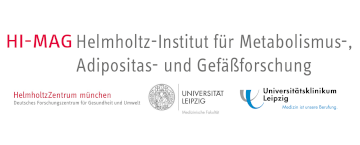
The Helmholtz Institute for Metabolic, Obesity and Vascular Research (Helmholtz-Institut für Metabolismus-, Adipositas- und Gefäßforschung, HI-MAG), aims to uncover the molecular mechanisms how adipose tissue dysfunction contributes to the development of metabolic and vascular diseases. HI-MAG uses a translational approaches and human studies and biobanks to facilitate the development of precision therapies for obesity and its metabolic and vascular co-morbidities.


